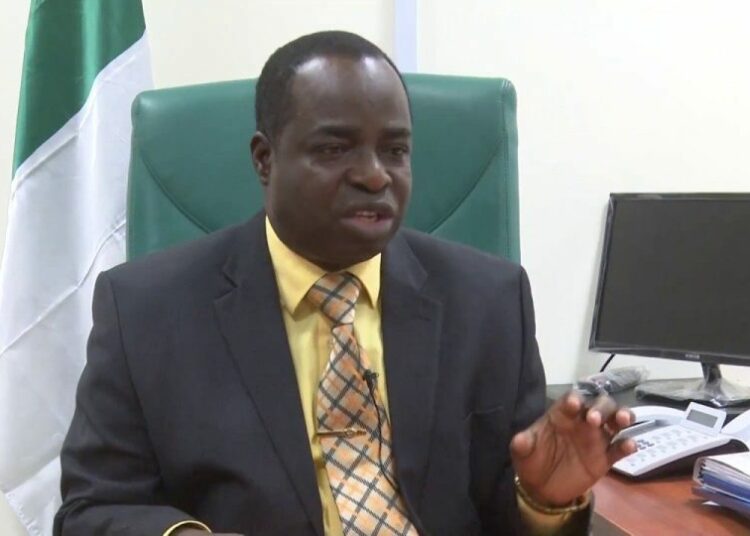The Acting Chairman of the Federal Character Commission (FCC), Kayode Oladele, has disclosed that the northern region accounts for 56.3 per cent of federal appointments made under President Bola Ahmed Tinubu’s administration.
Oladele, who spoke in Abuja at the opening of a one-day workshop titled “Strengthening Leadership and Management Excellence in the Federal Character Commission in Line with the Renewed Hope Agenda,” said the figures were based on data compiled by the commission.
According to him, the analysis shows that the North holds 56.3 per cent of federal leadership positions, while the South has 43.7 per cent. He explained that the distribution reflects the administration’s commitment to equity and national balance in accordance with constitutional provisions.
“These figures provide clear evidence of deliberate inclusion and underscore the President’s commitment to national balance and faithful implementation of the Federal Character principle,” Oladele stated.
A breakdown of the appointments shows that the north and south have the highest number of ministers in President Tinubu’s cabinet, with 11 each — representing 22.9 per cent of the 48-member team.
The north-central follows with eight ministers (16.6 per cent), while the north-east has seven (14.5 per cent). The south-south and south-east account for six (12.5 per cent) and five (10.4 per cent) ministers, respectively.
Beyond the cabinet, the commission’s data show that the north-west holds the largest share of federal leadership appointments with 157 positions, or 22.1 per cent.
The north-central has 139 positions (19.5 per cent), followed by the south-west with 132 (18.5 per cent). The north-east accounts for 105 positions (14.7 per cent), while the south-south and south-east have 91 (12.8 per cent) and 88 (12.4 per cent), respectively.
Oladele stressed that while the figures show a numerical advantage for the north, they also demonstrate the President’s efforts to ensure inclusiveness across all regions.
He described the federal character principle as a tool for promoting unity in diversity rather than a rigid quota system.
“The federal character principle was designed to ensure national integration and fair representation. It is not meant to divide but to unite Nigerians by giving everyone a sense of belonging,” he said.
He added that the commission remains committed to deepening compliance with the principle across ministries, departments, and agencies.
Oladele, a former lawmaker and human rights lawyer, noted that the current data cover prominent federal leadership positions but exclude special advisers, senior special assistants, and other presidential aides, as well as the service chiefs and heads of law enforcement and security agencies.
He assured that the Federal Character Commission would continue to monitor new appointments and ensure that all regions of the country were fairly represented in government, which was in line with President Tinubu’s Renewed Hope Agenda.





